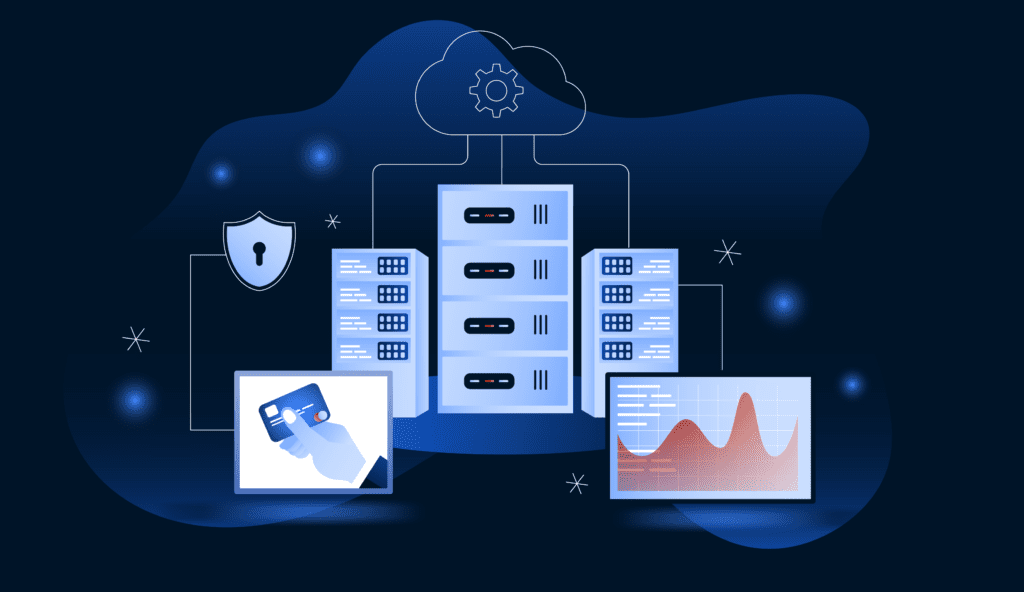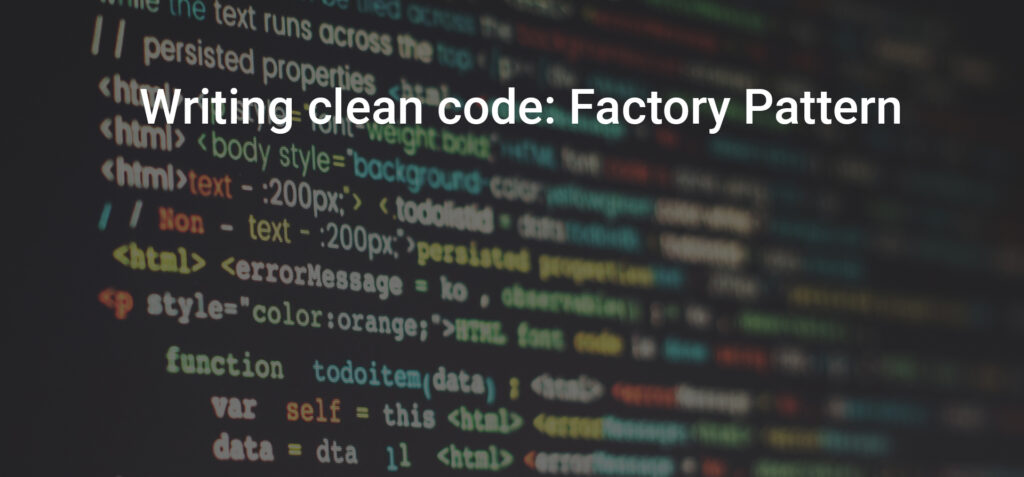How Software Development Influences Cloud Infrastructure Costs

Many companies believe that once they migrate to the cloud, their infrastructure costs will simply decrease. However, the bill that comes at the end of the month often says otherwise. The truth is that cloud infrastructure costs are largely determined by how you develop your software. For example, serverless software architectures are often more cost-effective, […]
Flutter integration testing: “pump and unsettle”

If you plan to implement integration testing for your Flutter app, you may want to learn from our recent misadventure. Implementing integration testing can easily become challenging to downright maddening, especially when dealing with multiple libraries like Gherkin (BDD and functional testing) and Flutter Driver or Flutter integration test. We recently ran into a particularly […]
Kotlin mutable live data: Remain updated (pun intended)

With Kotlin getting more popular and established, it has become a programming language worthy of note, and it seems to be here to stay. Kotlin’s simple and convenient syntax accelerates development time, and because it’s “not nullable by default”, it reduces crashes and errors. Data-binding in Kotlin using MutableLiveData potentially opens up a portal to […]
Software development best practice: Good requirements lead to great architecture

As an agile software development team, you may frequently find that your delivery dates are wrong. It seems that requirements have changed and therefore caused the delay, or there were hidden complexities in the feature. What if the reason isn’t that the requirements changed but instead there was a misalignment between what was understood to […]
Software development best practice: Writing clean code – Part 2

In the first part of this series I wrote code for a very simple use case that violates some of the best practices for writing clean code. In this second part, I’m going to rewrite the code using the Factory Pattern and we are going to look at why this code is much better. Keep […]
Software development best practice: Writing clean code – Part 1

In this two-part series, I will show why it is important to write code that is easy to read and understand easy to change easy to test These are some of the attributes of what is commonly known as Clean Code. I will do this by writing code for a simple use case and then […]
Real-life use cases of predictive maintenance on rotating machinery

Rotating machinery are crucial components of plant operations, and should therefore be reliable and perform efficiently at all times. However, given the harsh environments in which these machines and equipment often operate, failures and breakdowns are commonplace. Predictive maintenance offers an innovative way to pre-empt, implement and schedule maintenance for modern rotating machinery and equipment […]
South African business are benefiting from reduced equipment breakdowns and maintenance cost with end-to-end predictive maintenance

Predictive maintenance systems are designed to help anticipate equipment failures so that corrective maintenance can be scheduled in advance. This approach can prevent unexpected machinery and equipment downtime, reduce maintenance costs and improve service quality for customers. It can also reduce any additional costs caused by over-maintenance in preventative maintenance policies. In this article we […]
Why manufacturers worldwide are realising the value of Industry 4.0 in their operations

Traditionally, companies repaired machinery and equipment only after it had already broken. This approach is called reactive maintenance and is problematic as it disrupts operations and leads to substantial losses. Reactive maintenance also leads to subpar equipment efficiency. To ensure optimal overall equipment efficiency, companies are encouraged to plan maintenance activities based on accurate data […]
4 Advantages of predictive maintenance on rotating machinery

Rotating machinery is a particularly fertile area for predictive maintenance and can have a significant positive impact on manufacturing and production efficiency. According to research conducted by Capgemini, almost 30% of artificial intelligence (AI) implementations in manufacturing are connected with machinery and production tool maintenance. This makes predictive maintenance the most broadly used use case […]


